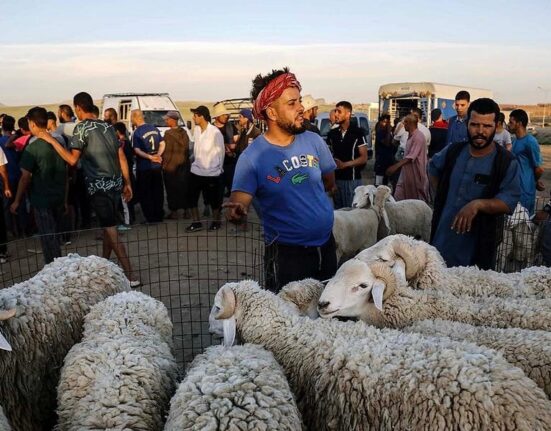Gold, a precious metal that has captivated civilizations for centuries, holds a magnetic allure for many, driving individuals to seek their fortune in the depths of the earth. In Mali, a land rich in gold reserves, artisanal mining has long been a way of life for many. However, with the onset of the rainy season, a shadow of danger looms over these intrepid miners, prompting the Malian government to take decisive action.
As the skies darken and heavy rains threaten to cascade over the rugged terrain, the Ministry of Mines in Mali issued a directive to suspend artisanal gold mining activities from June to September. The decision, rooted in a commitment to safeguard the lives of miners, comes in response to the looming specter of landslides that could wreak havoc during this volatile period. Meteorological forecasts have painted a grim picture, predicting intense downpours from mid-June to late September 2025.
The dangers faced by artisanal miners in Mali are not merely theoretical. Tragic incidents earlier this year claimed the lives of dozens, predominantly women, underscoring the perilous conditions in which these miners toil. In January 2024, over 70 individuals met their untimely end when a tunnel collapsed in an unregulated gold mine, casting a somber shadow over the industry. The methods employed by artisanal miners, characterized by their antiquated nature and lack of oversight, only serve to heighten the risks they face daily.
The suspension of artisanal mining activities during the rainy season stands as a testament to the government’s commitment to prioritizing the safety and well-being of its citizens,
remarked a spokesperson for the Ministry of Mines. This move, while disruptive to the livelihoods of many, underscores the gravity of the situation and the imperative to mitigate potential disasters.
Beyond the immediate concerns for safety, the decision to halt artisanal mining activities also sheds light on broader trends and challenges within the industry. The surge in artisanal mining across West Africa in recent years mirrors a global trend driven by escalating demand and soaring prices. However, this boom has brought with it a host of complications, from environmental degradation to social unrest, underscoring the delicate balance between economic prosperity and sustainable practices.
In Mali, a country renowned for its abundant gold reserves, the government’s efforts to rein in artisanal mining reflect a larger struggle for control over precious resources. A legal battle with Canadian mining giant Barrick underscores the complexities and tensions that underpin the industry. With gold production figures fluctuating and safety concerns mounting, Mali finds itself at a crossroads, navigating the dual imperatives of economic development and environmental stewardship.
The temporary suspension of artisanal mining activities during the rainy season serves as a poignant reminder of the human cost of gold, a metal that carries both promise and peril in equal measure. As the rains descend upon the rugged landscape, halting the ceaseless efforts of miners in search of fortune, one cannot help but ponder the intricate tapestry of challenges and opportunities woven into the fabric of Mali’s gold industry. In this delicate dance between risk and reward, the fate of artisanal miners hangs in the balance, their future intertwined with the whims of nature and the choices of governments.









Leave feedback about this